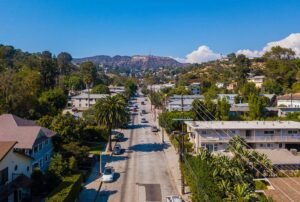November 1, 2010; Source: VPR | That precipice we have been expecting is apparently on us. We are seeing more reports of programs closing or suspending their operations. In some cases you can see that the recession was not the only reason for the faltering or failure but it may have hastened the decline.
In 1958 Stephen and Audrey Currier bought a house in Vermont and then started buying farms around them, eventually totaling 500 acres. After their death in the 1960s the land went to a New York City based foundation they had started for disadvantaged kids. The foundation turned the site into a farm and alternative school where students who were not doing well in a traditional classroom learn by working on the land. The rural students “learn(ed) academic lessons in a hands-on way, while cutting wood, doing farm work and running the center’s Community Supported Agriculture program.”
Sign up for our free newsletters
Subscribe to NPQ's newsletters to have our top stories delivered directly to your inbox.
By signing up, you agree to our privacy policy and terms of use, and to receive messages from NPQ and our partners.
But the educational program is slated to end on January 15, at least temporarily, while the center can figure out how they might reorganize to provide public benefit in a way that allows them to survive financially in the post recession economy. The center’s endowment was hit hard by the downturn and the Department of Labor funds that supported its work-study programs have been slashed, as have the funds that public schools were using to pay into the program for their students. And, finally, a number of those public schools have developed their own experiential learning programs making the center less of a unique resource.
What will be done with the assets of this program now? We’ll try to keep an eye out.—Ruth McCambridge












